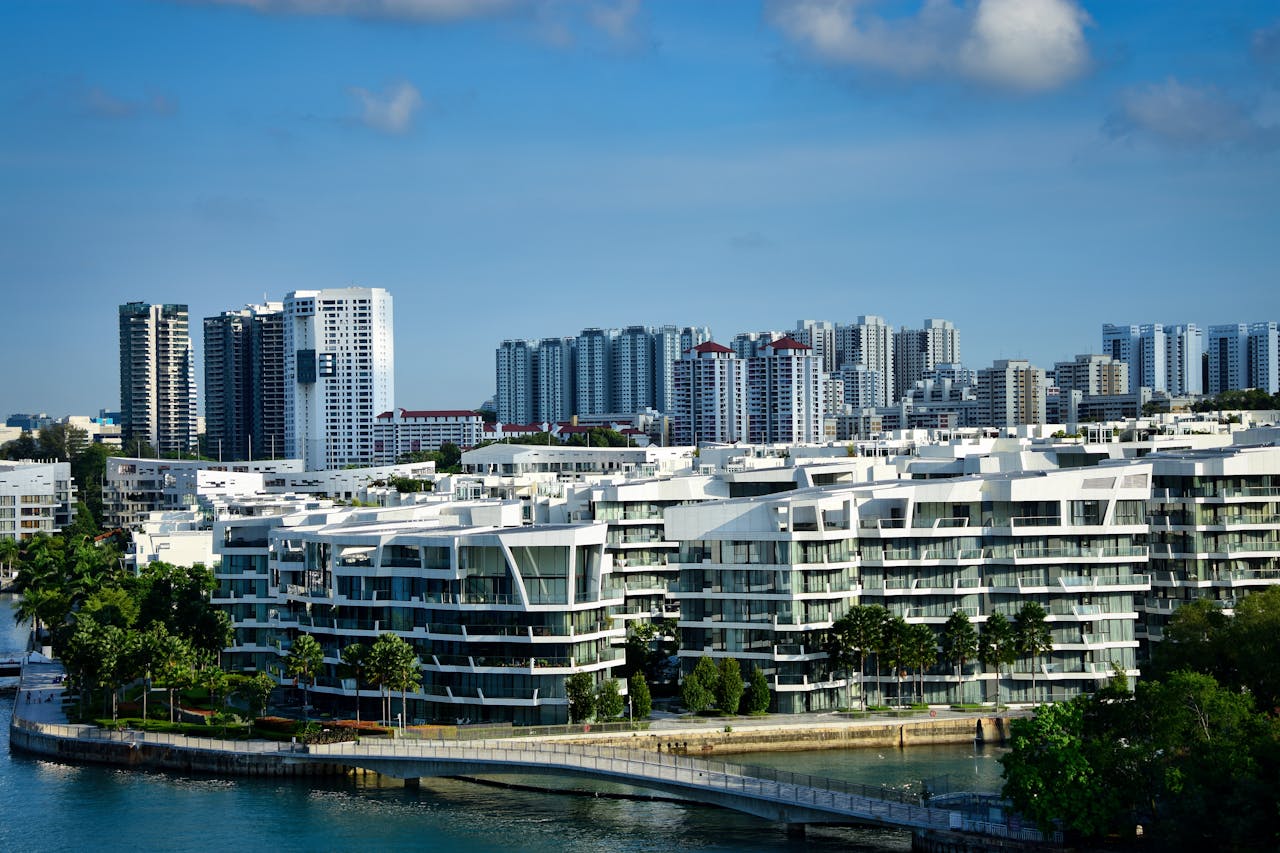SINGAPORE: A hotel developer is demanding nearly $6 million in damages from 30-unit condominium owners on Killiney Road, accusing them of encroaching onto land slated for a new hotel project.
According to The Straits Times, the dispute centres around a section of the boundary wall between the condominium and the adjacent plot, where a hotel is being built.
The developer claims that this encroachment, involving a strip of concrete and reinforcing bars, has delayed the hotel’s construction and caused significant financial losses.
Alleged encroachment and legal battle
The hotel developer, Lucrum (Killiney) Hotel and Lucrum (Killiney) Commercial, asserts that the encroachment extends into their freehold land by up to 1.6 cm of reinforcing bars and 4 cm of cement.
Despite partial rectification work, the issue remains unresolved, with 1.94 square meters of land still affected.
This alleged intrusion has caused a 180-day delay to the hotel project, resulting in over $4.5 million in losses and a reduction in property value by approximately $1.1 million due to the loss of gross floor area.
In a statement of claim filed in August 2024, the developers noted that the encroachment was first discovered in October 2022 and deprived them of using 36.22 square meters of space.
The dispute traces back to the completion of the Killiney 118 condominium in 2013 and the subsequent purchase of the neighbouring property by the developers in 2017, which they later demolished to make way for the hotel.
Court proceedings are set to continue in December for a case conference.
Defendants’ response and legal defence
The Management Corporation Strata Title (MCST) of Killiney 118, representing the condo owners, has denied responsibility for the encroachment.
The MCST claims the issue lies with the original condo developer, Creslin, and argues that the encroachment was visible during the 2019 demolition of the adjacent Tai Wah Building, which later made way for the hotel.
The MCST also argues that the intrusion is minimal and insignificant enough to warrant the damages claimed by the hotel developers.
In addition, the MCST’s legal team has raised concerns about the timeliness of the lawsuit, suggesting it may be time-barred under Singapore’s Limitation Act.
The case highlights tensions between property developers and owners in Singapore’s competitive real estate market, where disputes over property boundaries are not always easily anticipated.

